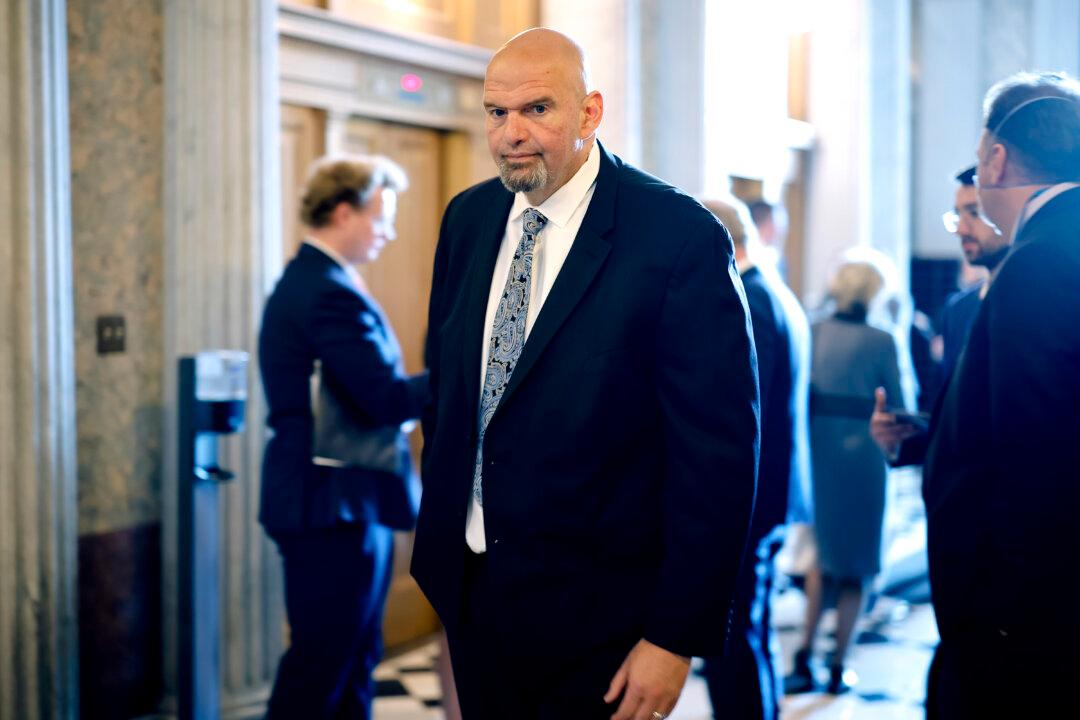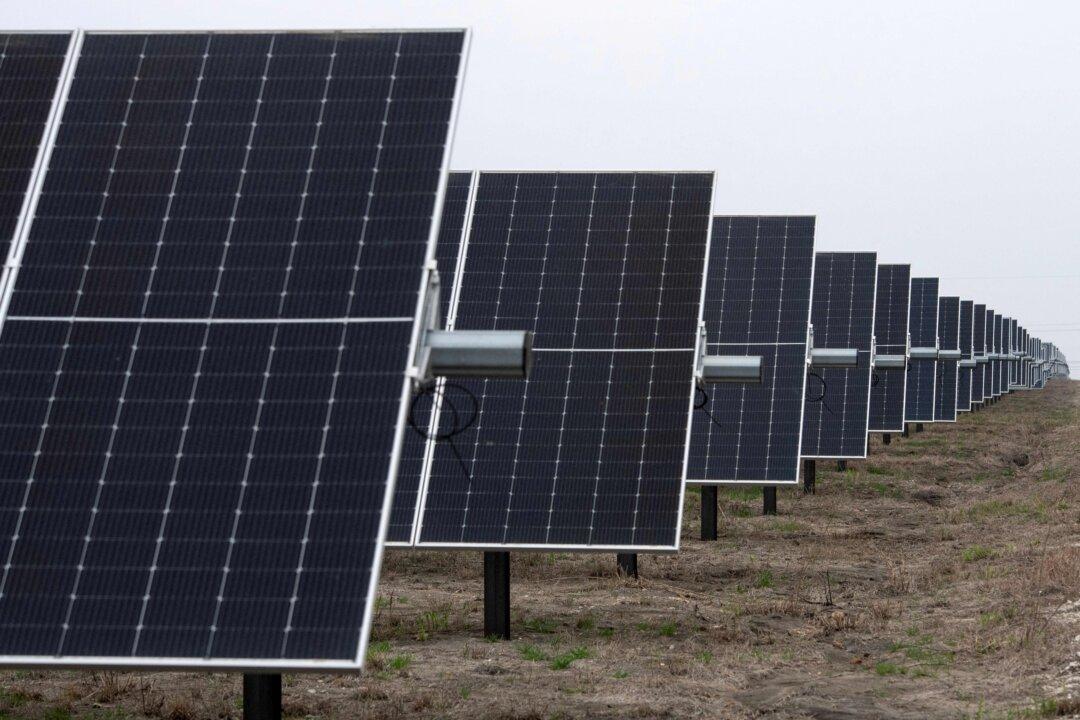Transportation Secretary Sean Duffy said the rule corrects what the department calls an “illegal regulation” and affirms its authority to reset how Corporate Average Fuel Economy, or CAFE, standards are set. While the rule doesn’t change current requirements, it clarifies how NHTSA will interpret its legal authority in future rulemaking.
“Under President [Donald] Trump’s leadership, we are making vehicles more affordable and easier to manufacture in the United States,” Duffy said in a statement. “The previous administration illegally used CAFE standards as an electric vehicle mandate—raising new car prices and reducing safety. Resetting CAFE standards as Congress intended will lower vehicle costs and ensure the American people can purchase the cars they want.”
NHTSA estimated the rule would save nearly 70 billion gallons of gasoline and prevent more than 700 million metric tons of carbon emissions by 2050. But the 2024 rule also drew pushback from the auto industry.
John Bozzella, president of the Alliance for Automotive Innovation, said automakers risked facing billions in penalties under CAFE rules even if they complied with separate EPA tailpipe regulations. “Those fines wouldn’t have produced any environmental benefits or additional fuel economy and would’ve foolishly diverted automaker capital away from the massive investments required by the electric vehicle transition,” he said.
The Trump administration argues that Congress never intended electric vehicles to be used in calculating the maximum feasible fuel economy standard under the Energy Policy and Conservation Act of 1975 or subsequent amendments. According to the final rule, the Biden-era standards “disregarded key statutory limits,” forcing automakers to comply with targets that did not reflect the technological realities or legal boundaries set by law.
While the rule does not itself revoke or modify current standards, it signals the agency’s intent to adjust future rulemaking to align with its new interpretation. In particular, the agency stated it will begin enforcing existing standards in accordance with this updated legal framework.
Environmental and consumer advocacy groups have yet to respond to the rule but are expected to challenge the reinterpretation in court or through public comment once formal revisions to fuel standards are proposed.
The rule also touches on NHTSA’s separate authority for regulating the fuel efficiency of commercial medium- and heavy-duty trucks, further laying the legal foundation for additional changes to come.
The department says the rule reaffirms NHTSA’s statutory limits, including a prohibition on considering electric vehicles when setting fuel economy standards.





